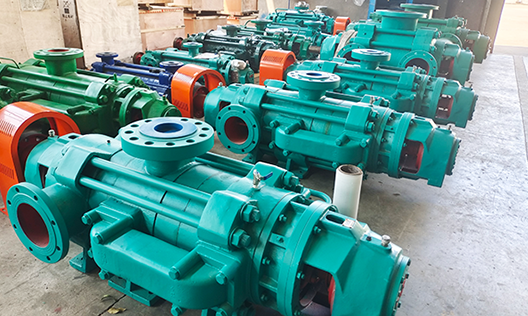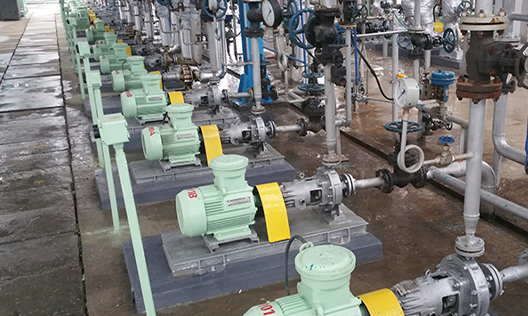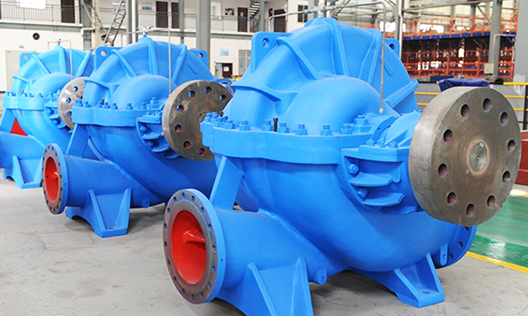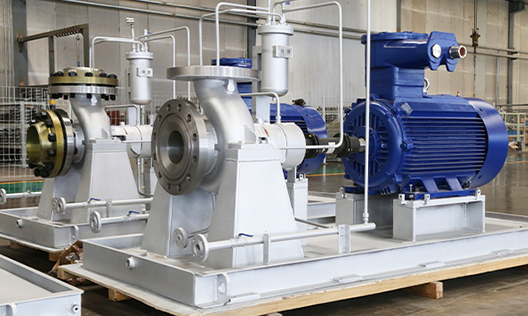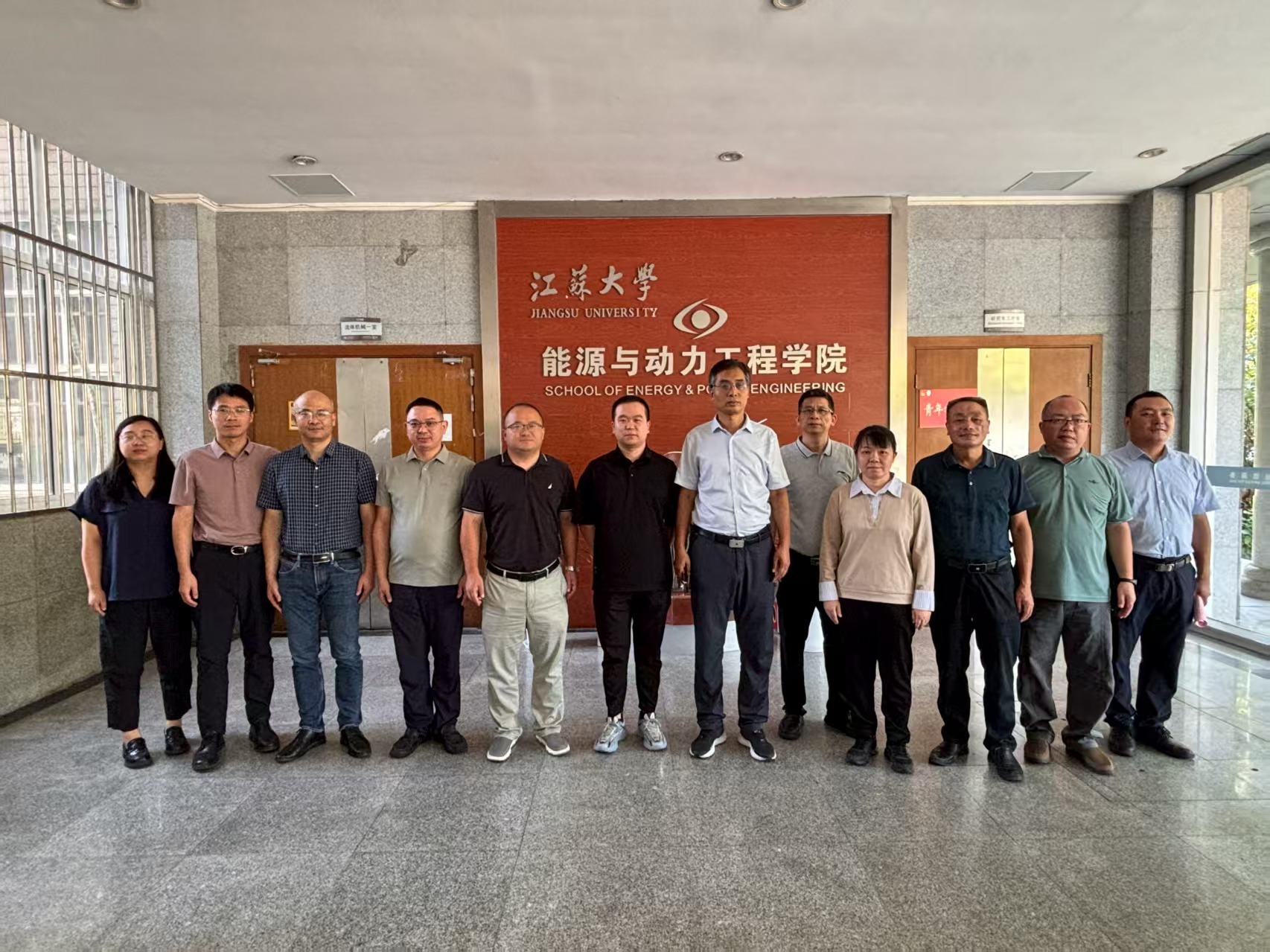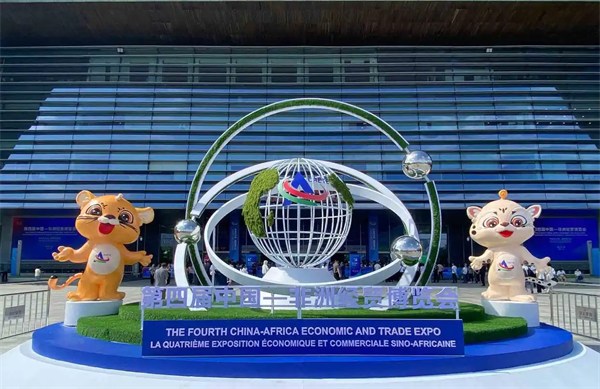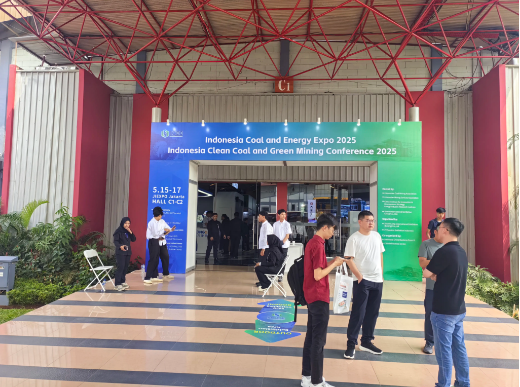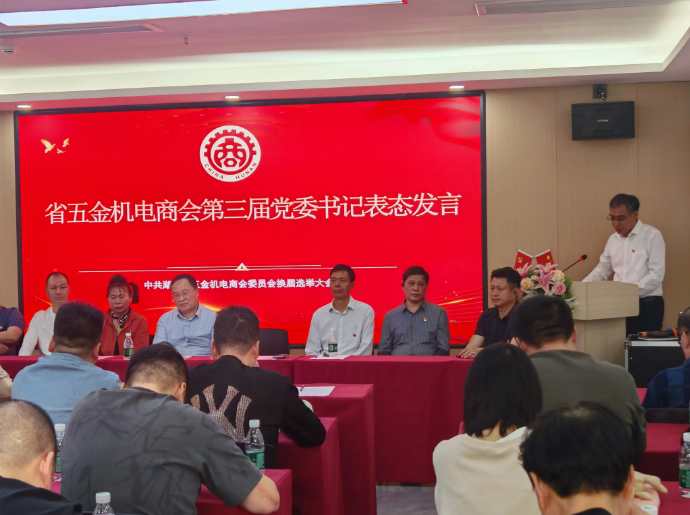Are you looking for a pump that can efficiently and reliably deliver complex media? Then, DF-Type Multistage Chemical Pump It might be the excellent choice you’ve been looking for—it’s a corrosion-resistant centrifugal pump boasting a wide flow range, high head performance, and an exquisitely designed structure, making it suitable for a variety of demanding applications. Whether handling corrosive solutions or fluid streams containing particles, this pump can easily meet the challenge. In this article, we introduce Changsha, the manufacturer of chemical pumps. China United Pump Industry We will provide a detailed introduction to the various media that multi-stage chemical pumps can handle, along with their key features.
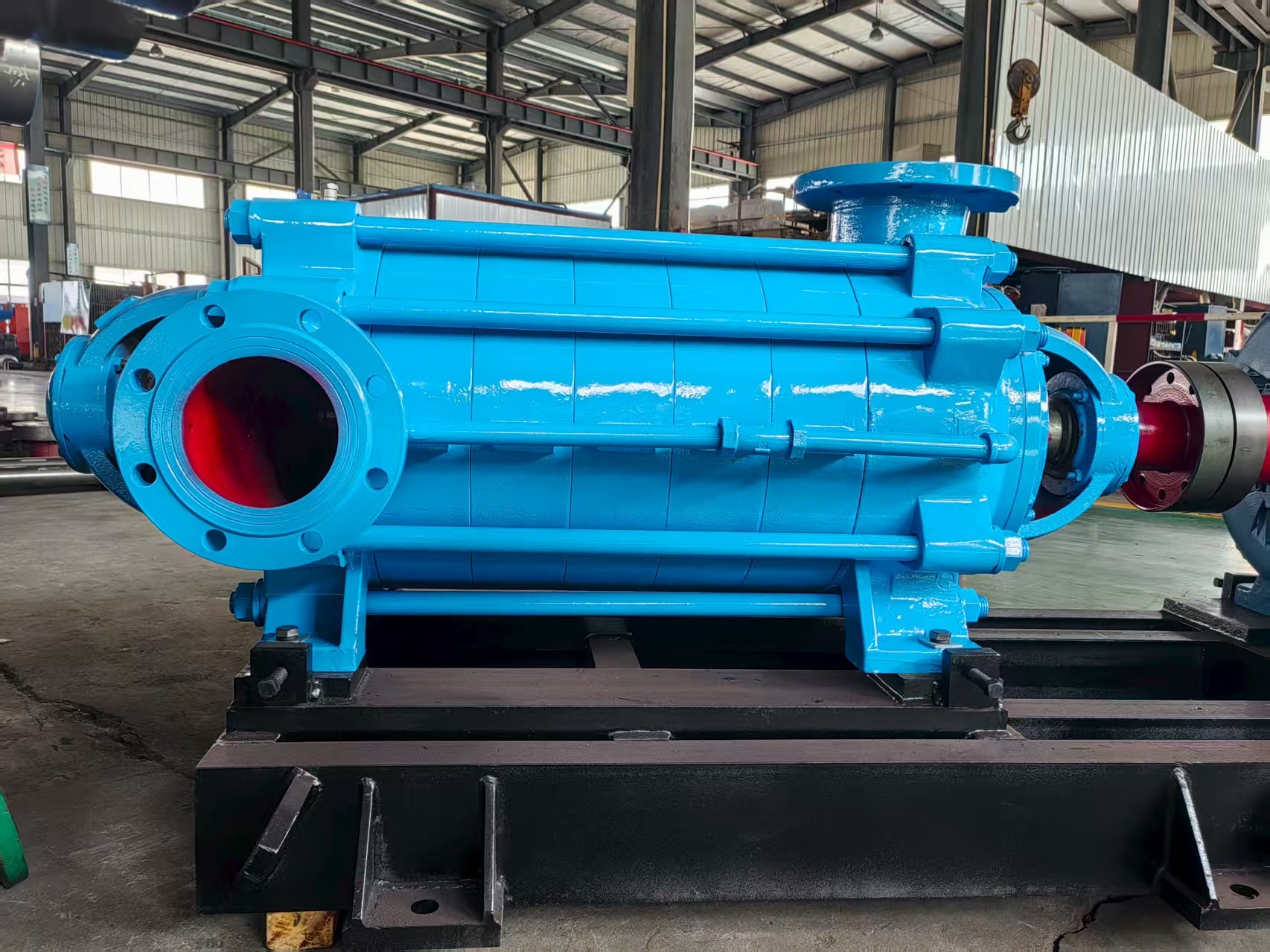
I. Corrosive Media
A key application scenario for multi-stage chemical pumps is the transportation of various corrosive media. For example:
Acidic and alkaline solutions—such as strong acids and bases like sulfuric acid, hydrochloric acid, and sodium hydroxide—strongly corrode metallic materials. To address this challenge, multistage chemical pumps are typically constructed from corrosion-resistant materials, including stainless steel, titanium alloys, or Hastelloy alloys. Hastelloy ), ensuring the long-term stable operation of the pump body and key components.
Salt solutions—such as sodium chloride and potassium chloride—not only exhibit corrosive properties but may also contain trace impurities. To prevent these impurities from causing wear or clogging, the pump’s critical components are often made from high-chromium cast iron or duplex stainless steel, combined with advanced surface coating technologies to further enhance their resistance to both abrasion and corrosion.
II. Media Containing Solid Particles
In the chemical production process, media containing solid particles are frequently encountered. Multi-stage chemical pumps, through optimized design, can effectively handle these types of media:
Slurry materials—such as mineral slurry, coal slurry, and others—contain high concentrations of solid particles, which can easily lead to wear on pump internal components. To address this issue, pump designs should incorporate wider flow passages to minimize the risk of particle buildup. Additionally, using wear-resistant materials like tungsten carbide coatings or ceramic seals can significantly extend the pump's service life.
Crystallization medium: Certain chemical reactions produce products that readily form crystals—such as sodium chloride solutions, which crystallize at specific temperatures. To prevent crystal particles from clogging the flow channels, the pump design must feature a large inlet diameter and smoothly curved, gradually transitioning channel corners, thereby minimizing turbulence and particle impact.
III. High-Temperature, High-Pressure Media
Multi-stage chemical pumps can also handle the task of conveying high-temperature and high-pressure media:
Steam condensate: This type of medium has a relatively high temperature, placing greater demands on the pump's seals and bearings. Typically, high-temperature-resistant materials such as fluororubber are used. FKM ) or perfluoroether rubber FFKM ) As a sealing ring, and using a special grease to reduce the coefficient of friction, ensuring the pump operates smoothly even in high-temperature environments.
High-temperature oils—such as heat transfer fluids or lubricating oils—are less fluid under high-temperature conditions, making them prone to sealing failures. Therefore, pump designs must incorporate efficient cooling systems and utilize materials suitable for extreme temperature environments, ensuring the reliability of both the pump housing and sealing components.
4. Flammable and Explosive Media
For some flammable and explosive media, such as petroleum and natural gas, the safety performance of multistage chemical pumps is particularly crucial:
Explosion-proof design: For flammable and explosive media, the pump body and motor must have explosion-proof certification to ensure that no sparks or arcs are generated under any circumstances, thereby preventing fire or explosion accidents.
Electrostatic Protection: To prevent hazards caused by static electricity buildup, the pump's material and structural design must feature excellent conductivity, ensuring that static charges are promptly discharged to ground, thereby guaranteeing operational safety.
Thanks to their outstanding design and versatile applicability, multi-stage chemical pumps can meet the diverse needs of various industries. Whether handling corrosive solutions, media containing solid particles, high-temperature and high-pressure fluids, or even flammable and explosive substances, multi-stage chemical pumps deliver dependable solutions. By carefully selecting materials, optimizing designs, and implementing rigorous maintenance practices, these pumps not only enhance production efficiency but also ensure the long-term, stable operation of equipment.
Recommended Information


